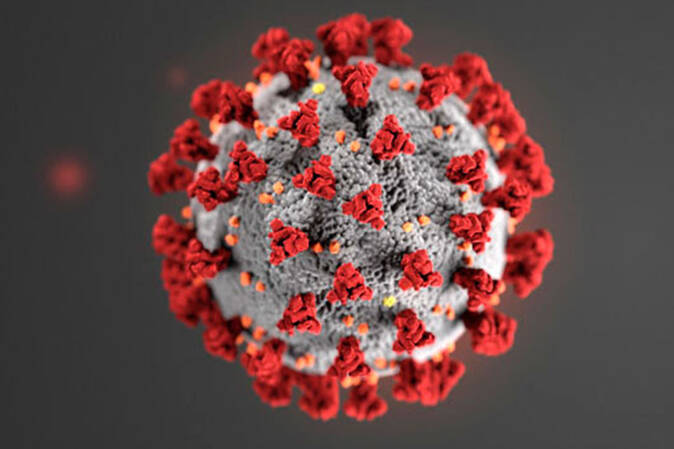COVID-19 hospitalizations in Alaska are slowly increasing, as the state has reported a large influx of new infections.
As of Monday, there were 85 COVID-related hospitalizations in Alaska, with eight of those patients on ventilators, according to the state Department of Health and Social Services.
Last Monday on Jan. 3, there were 57 COVID hospitalizations with six patients on ventilators.
The majority — 98.3%— of new COVID infections as of Jan. 1 had been caused by the omicron variant of the virus, according to data from the Centers for Disease Control and Prevention.
The DHSS also reported 3,284 new COVID-19 cases sequenced from Friday through Sunday.
The new cases reported on Monday are an increase from the last week. On Jan. 3 the state reported 2,872 new infections.
According to state data, cases are up 124% from the week of Dec. 27 to Jan. 2.
Because many omicron cases have reportedly been less symptomatic and because of the increasing availability of at-home COVID test kits, state officials with the DHSS are encouraging people to use hospitalizations and death metrics to determine the severity of the variant.
Health experts widely agree getting vaccinated against COVID will help slow the spread and protect people from severe illness, hospitalization and death.
The Pfizer-BioNTech vaccine is approved for everyone 5 years and older, while the Moderna and Johnson & Johnson/Janssen vaccines are approved for anyone 18 and older.
In addition to a primary series — two doses of the Pfizer or Moderna vaccine or one dose of the Janssen vaccine — experts are strongly encouraging booster shots to protect against omicron.
Zink said during a press briefing last week that current studies indicate a person with their primary series is expected to be about 35% protected against omicron. With a booster dose, Zink said protection jumps to about 75%.
The Food and Drug Administration and CDC are recommending Pfizer boosters for anyone 12 and older at least five months after the primary series. Additionally, Moderna boosters are recommended for anyone 18 and older at least six months after a primary series.
Janssen boosters are approved for anyone 18 and older at least two months after initial vaccination, although the FDA announced it was revising its fact sheet for the J&J shot to include more data on the risks of blood clotting associated with the vaccine.
According to the DHSS Facebook Page, the state is recommending people with a primary Janssen vaccine to get either a Pfizer or Moderna booster for more robust protection.
Reach Camille Botello at camille.botello@peninsulaclarion.com.


